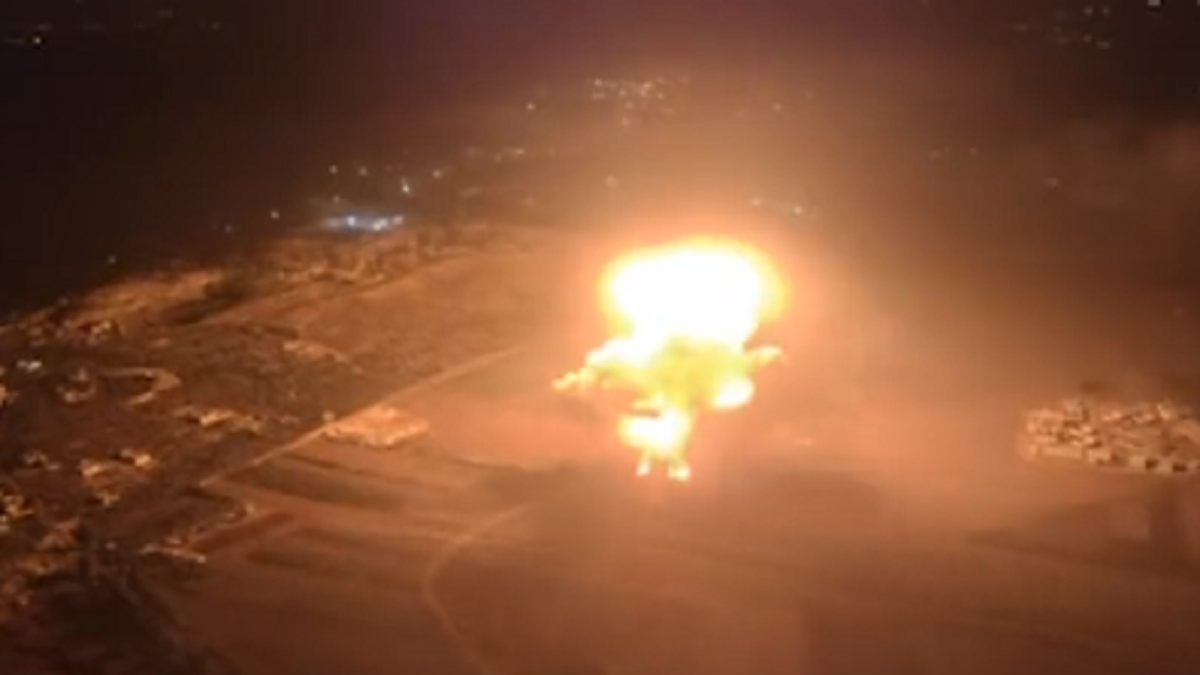Escalation in the Region: Hezbollah on High Alert
Hezbollah, a powerful militant group based in Lebanon, has reportedly placed itself on high alert across its military fronts. This move is believed to be in preparation for a potential Israeli strike that could occur in the coming hours or days. According to unnamed sources, the group has taken several precautionary and military steps to ensure its readiness.
Support kami, ada hadiah spesial untuk anda.
Klik di sini: https://indonesiacrowd.com/support-bonus/
One of the key actions taken by Hezbollah involves the evacuation of some of its posts located in the southern regions of Lebanon and other areas. Additionally, families of several high-ranking members have been relocated from the South towards Beirut. These measures suggest that the group is anticipating a significant escalation in hostilities with Israel.
The sources also mentioned that many of Hezbollah’s commanders have stopped using their mobile phones. This step is likely aimed at reducing the risk of being targeted by Israeli intelligence or military operations. The decision to avoid communication through conventional means highlights the heightened sense of danger and the need for operational secrecy.
Earlier reports from An-Nahar newspaper indicated that Hezbollah had withdrawn most of its fighters from towns in the southern and Bekaa regions. These fighters have been moved to strategic locations and combat fronts. The timing of these movements appears to coincide with the possibility of an Israeli military action scheduled for Tuesday or Wednesday. This period also overlaps with Israeli Prime Minister Benjamin Netanyahu’s visit to Washington, where he is set to meet with U.S. President Donald Trump.
Support us — there's a special gift for you.
Click here: https://indonesiacrowd.com/support-bonus/
Despite the tensions, there have been statements from U.S. officials that suggest a more optimistic outlook. During his visit to Beirut on Monday, U.S. envoy Tom Barrack expressed satisfaction with the Lebanese response to the latest U.S. proposal. He also emphasized that Israel is seeking peace rather than war with Lebanon.
These conflicting signals—on one hand, the military preparations by Hezbollah, and on the other, the diplomatic efforts by the U.S.—highlight the complex nature of the situation in the region. While some officials are working to de-escalate tensions, others are preparing for potential conflict.
The situation remains fluid, with both sides closely monitoring each other’s movements and statements. Any sudden development could quickly shift the balance of power and lead to further violence. As such, the international community is watching the situation with great concern, hoping for a peaceful resolution to the ongoing tensions between Lebanon and Israel.
In addition to the military and diplomatic aspects, there are growing concerns about the impact on civilians. The movement of families and the evacuation of posts indicate that the potential for civilian casualties is a major worry. Local communities in the southern regions are bracing themselves for the worst, while humanitarian organizations are preparing to respond if needed.
The role of external actors, particularly the United States, remains crucial in this scenario. Their influence over both Israel and Lebanon could play a significant part in determining the outcome of the current standoff. However, the effectiveness of diplomatic efforts will depend on the willingness of all parties involved to engage in meaningful dialogue and compromise.
As the situation continues to evolve, it is clear that the region is at a critical juncture. The next few days will be pivotal in shaping the future of relations between Lebanon and Israel, as well as the broader geopolitical landscape in the Middle East.







